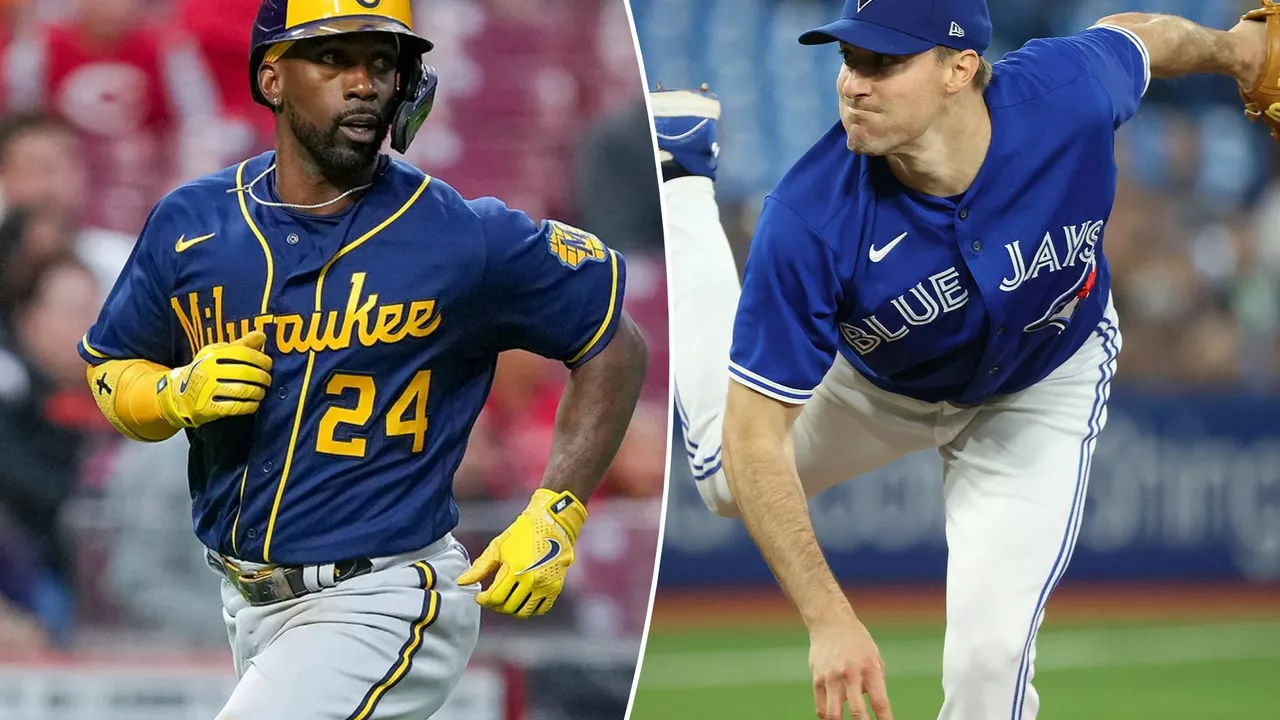Baseball Agent Earnings: What You Need to Know
If you’ve ever wondered how much a baseball agent makes, you’re not alone. The numbers can seem vague, but the basics are pretty simple. Agents mainly earn by taking a cut of the contracts they negotiate for players. That cut usually ranges from 3% to 5% of the total deal, and it’s the biggest driver of their income.
Let’s break it down with a real‑world scenario. Imagine a rookie signs a four‑year, $20 million contract. At a 4% commission, the agent pockets $800,000 over the life of the deal. If the player later signs a new extension worth $40 million, the agent gets another $1.6 million. Those numbers add up fast, especially for high‑profile hitters and pitchers who command multi‑year, multi‑million deals.
What Factors Change Agent Pay?
Not every agent makes the same amount. Several variables can boost or shrink earnings:
- Player status: Superstars like Aaron Judge or Shohei Ohtani bring in massive contracts, so their agents earn more.
- Contract length: Longer deals mean more commission over time.
- Negotiation success: An agent who adds bonuses, incentives, or escalators to a contract can earn extra percentages on those add‑ons.
- Additional services: Some agents handle marketing, endorsements, or financial planning and charge separate fees.
Agents also sometimes receive flat‑fee retainers for younger players who haven’t signed a big contract yet. Those retainers can range from $5,000 to $20,000 per year, giving agents a steady income while they work on future deals.
Typical Commission Structures in MLB
Most MLB agents follow the standard 3%‑5% rule, but there are a few variations:
- Sliding scale: An agent might take 3% on the first $10 million, then 5% on anything above that.
- Performance bonuses: If a player hits 30 home runs or wins an award, the agent might snag an extra percentage tied to that milestone.
- Endorsement splits: For big endorsement deals, agents often negotiate a separate 10%‑15% cut.
Because each contract is unique, agents and players discuss the exact split before signing. Transparency is key – players want to know exactly how much of their earnings go to representation.
So, how much can a baseball agent earn in a year? If an agent represents several mid‑level players with contracts averaging $10 million, a 4% commission yields $400,000 per player. Multiply that by a handful of clients, and you’re looking at a six‑figure income, even before bonuses or endorsement fees.
Bottom line: Baseball agent earnings are directly tied to the size and number of player contracts they negotiate. The larger the deals, the bigger the paycheck. Whether you’re a fan curious about the business side or a budding player seeking representation, understanding these basics helps you see why agents charge what they do and how they make a living in the world of baseball.

What percentage of an MLB contract does the agent get?
In the world of Major League Baseball, agents play a key role in negotiating contracts for their player-clients, and they are compensated for it. Typically, an MLB agent can expect to earn between 4% to 5% of the player's contract. This percentage is not fixed and can vary widely, often depending on the agent's reputation, the player's skill level, and the specifics of the contract itself. So, if a player signs a $10 million deal, their agent could pocket anywhere between $400,000 to $500,000. It's a lucrative business, but remember, the agent's job involves a whole lot more than just contract negotiations.